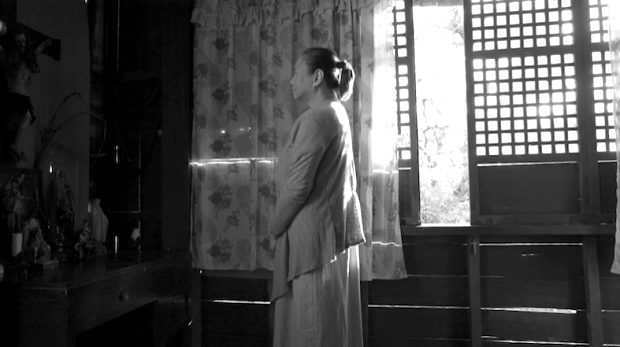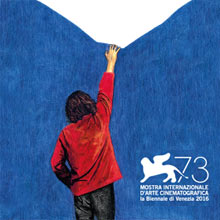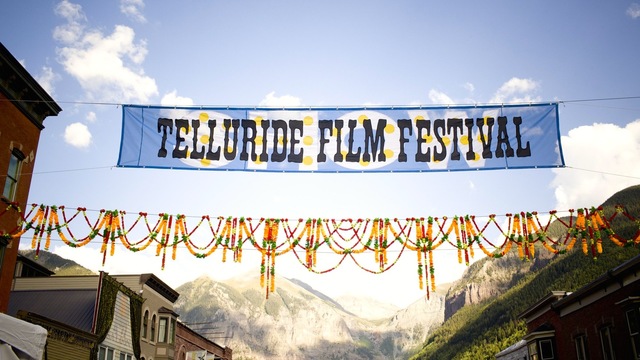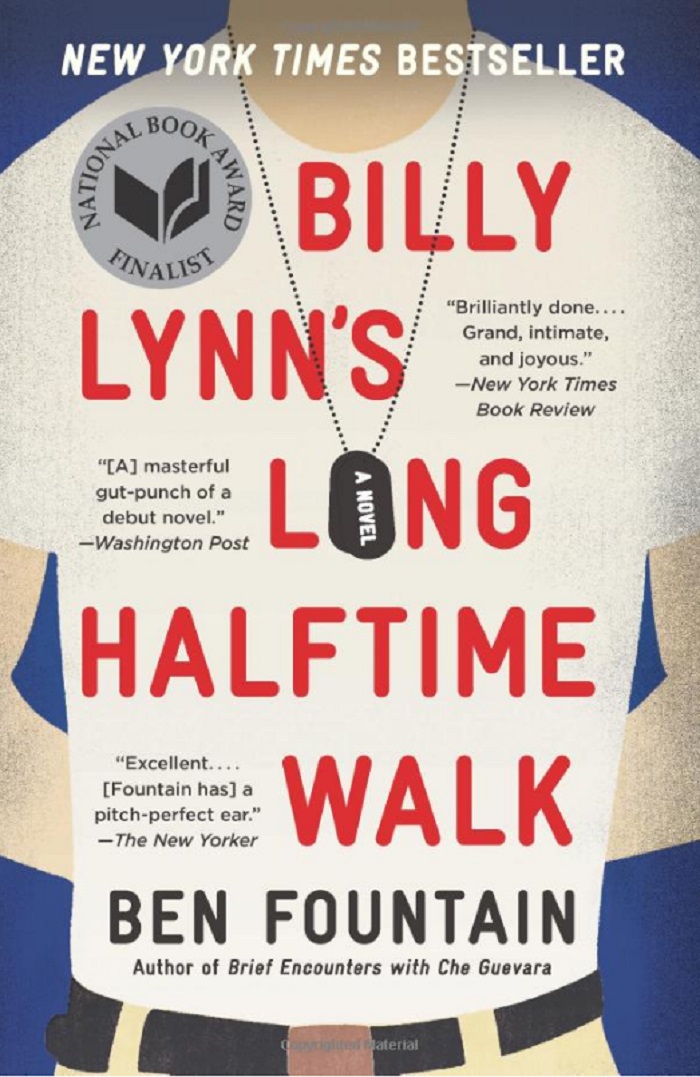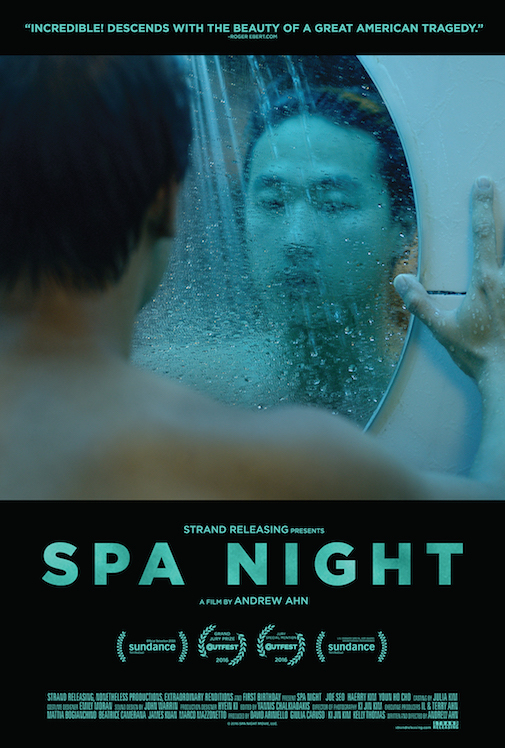TIFF Animated Wonders: The Red Turtle & My Life as a Courgette
 Sunday, September 11, 2016 at 11:00AM
Sunday, September 11, 2016 at 11:00AM Nathaniel R reporting from the Toronto International Film Festival

In the American landscape of animated features, barring extremely rare indies like Anomalisa, it's always safe to refer to animated films as "a genre" even though it technically isn't one. But you always know the type of film you're going to get. Some of them are magnificent, but even those play safely in-line with expectations: family friendly, cute and colorful, noisy/busy for short attention spans, funny. So long as you meet those four expectations you're allowed to color outside the lines of the actual governing genre (adventure/comedy) used by animation studios and draw from other genres like musicals, fantasy pictures, and horror so long as the horror is cute-grotesque (think Tim Burton's forays into the genre or all of Laika pictures).
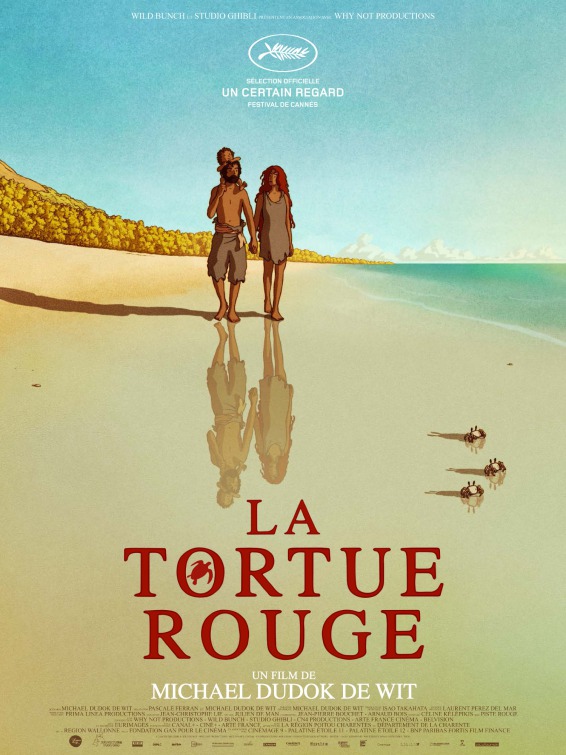 For the forseeable future, though, we'll have to keep looking abroad for an understanding of animation as a film medium (what it actually is), capable of telling any type of story that might spring from any kind of genre. Festivals that program animated films are wise. They're often beautiful counterprogramming to more typical art fare. On the first day of the festival I caught two of them, both of which are aiming for Oscar love...
For the forseeable future, though, we'll have to keep looking abroad for an understanding of animation as a film medium (what it actually is), capable of telling any type of story that might spring from any kind of genre. Festivals that program animated films are wise. They're often beautiful counterprogramming to more typical art fare. On the first day of the festival I caught two of them, both of which are aiming for Oscar love...



